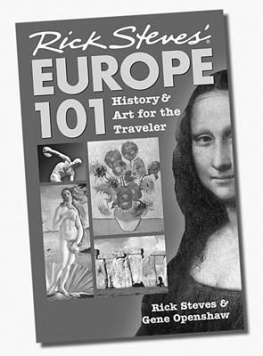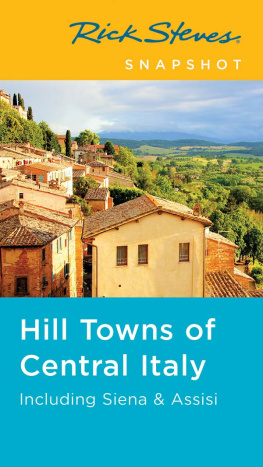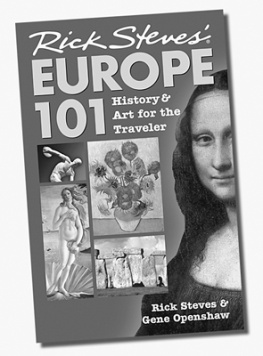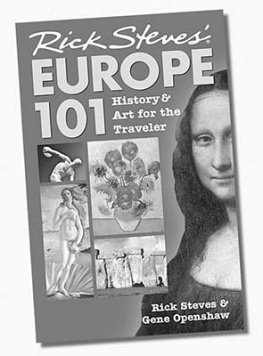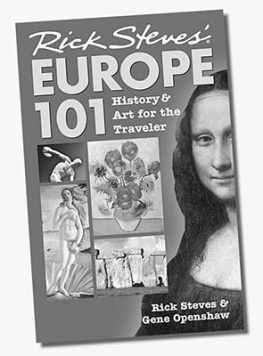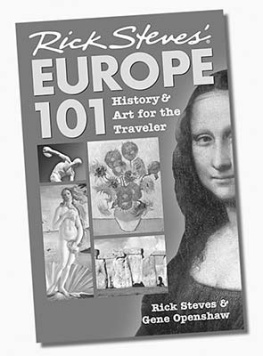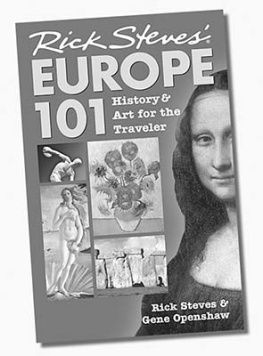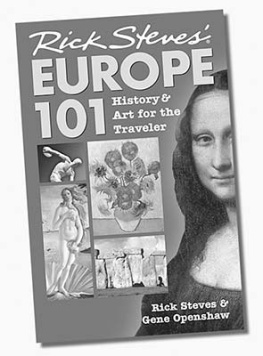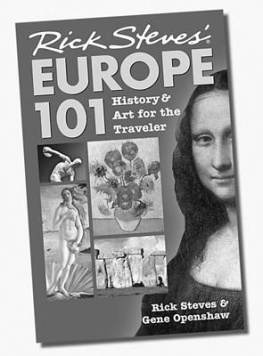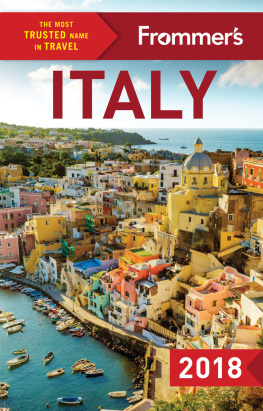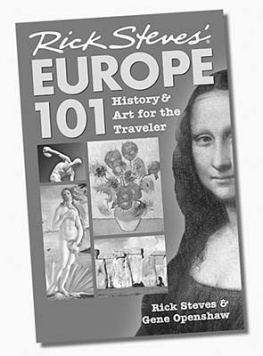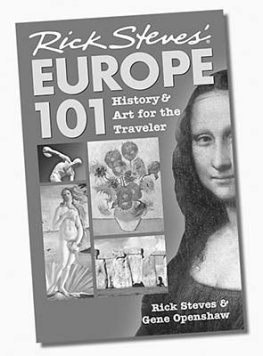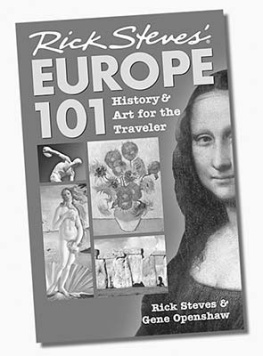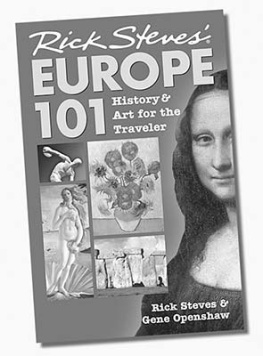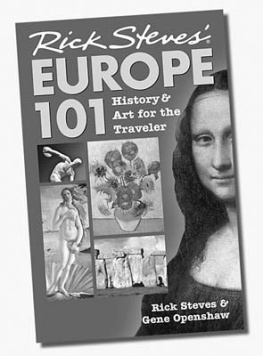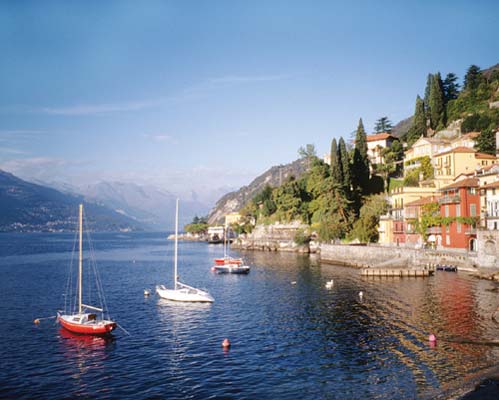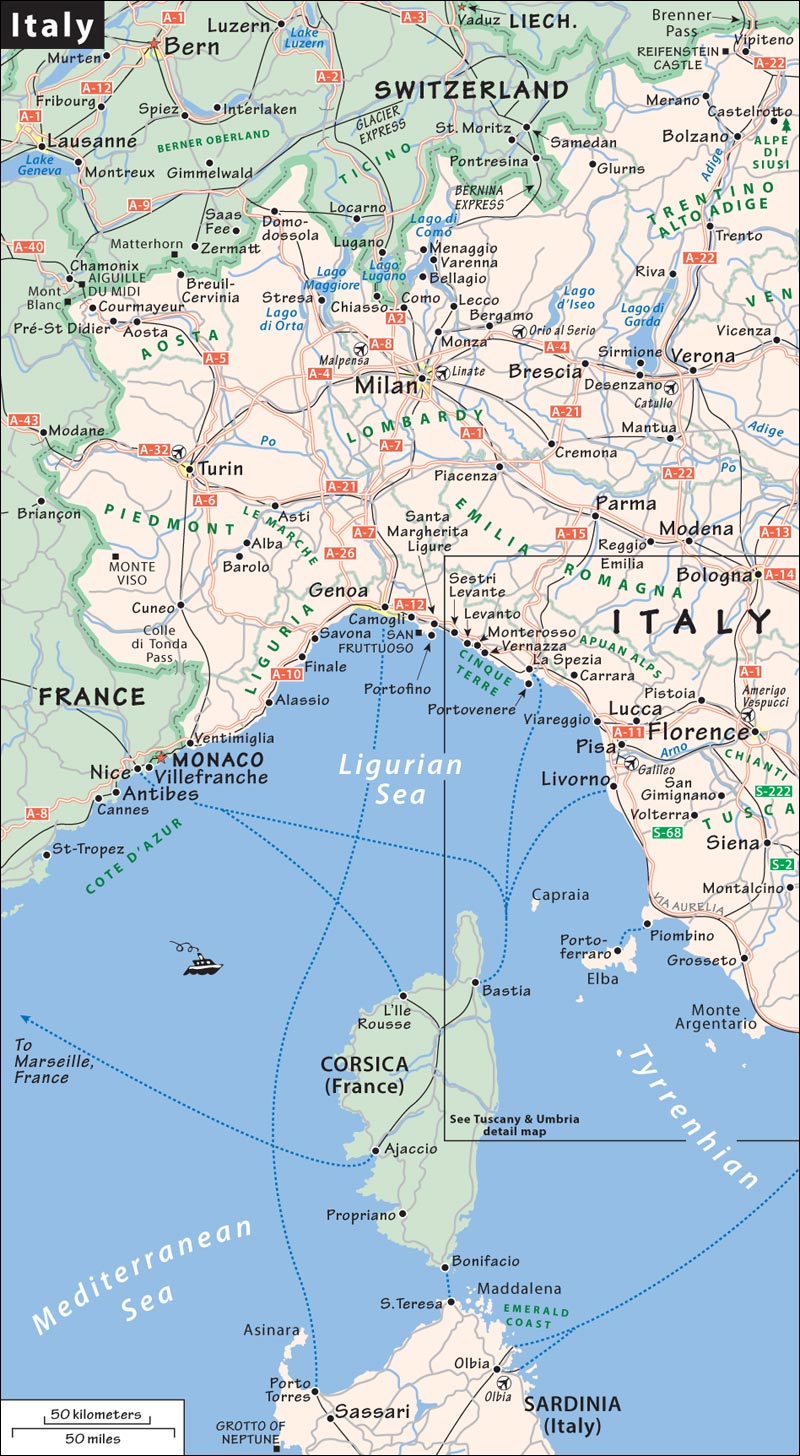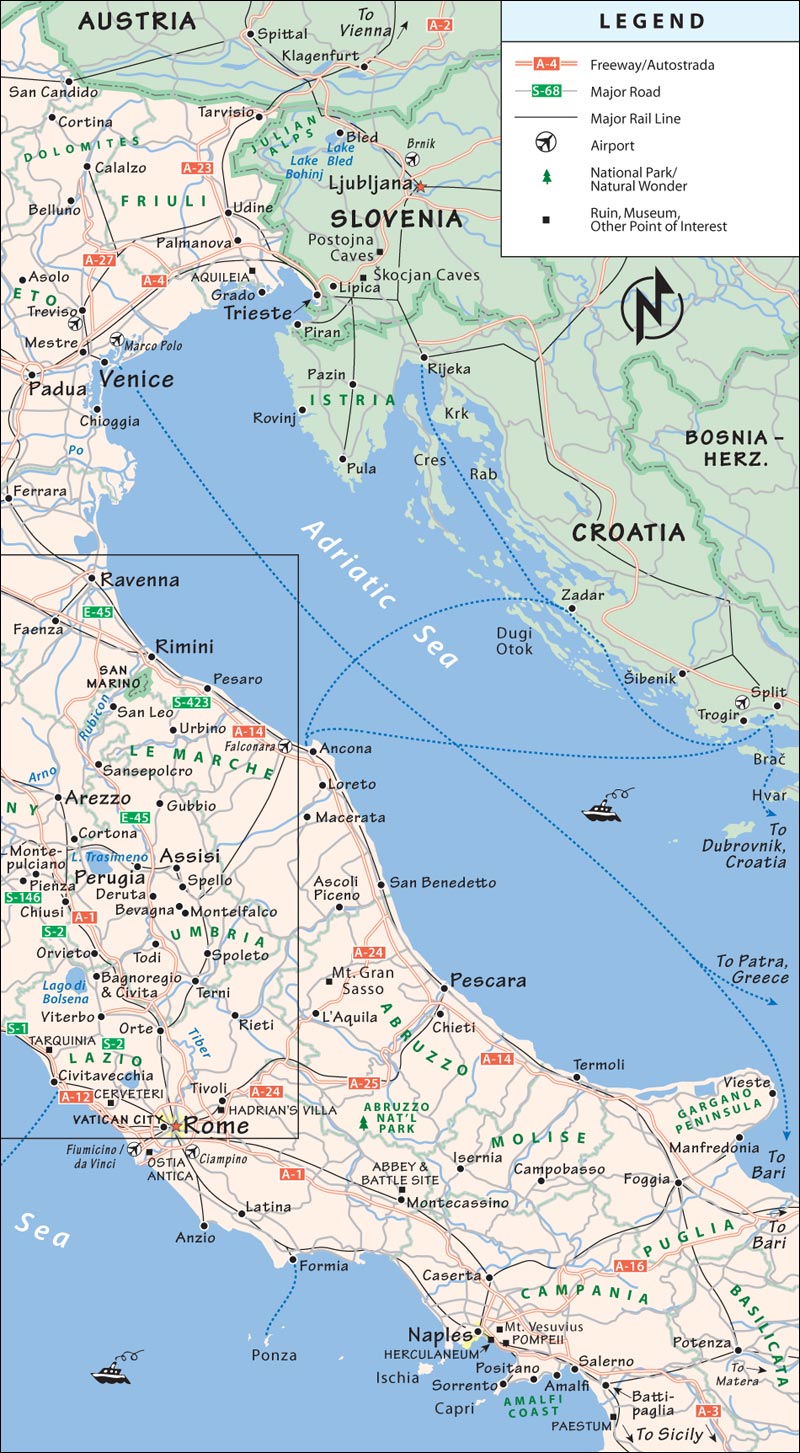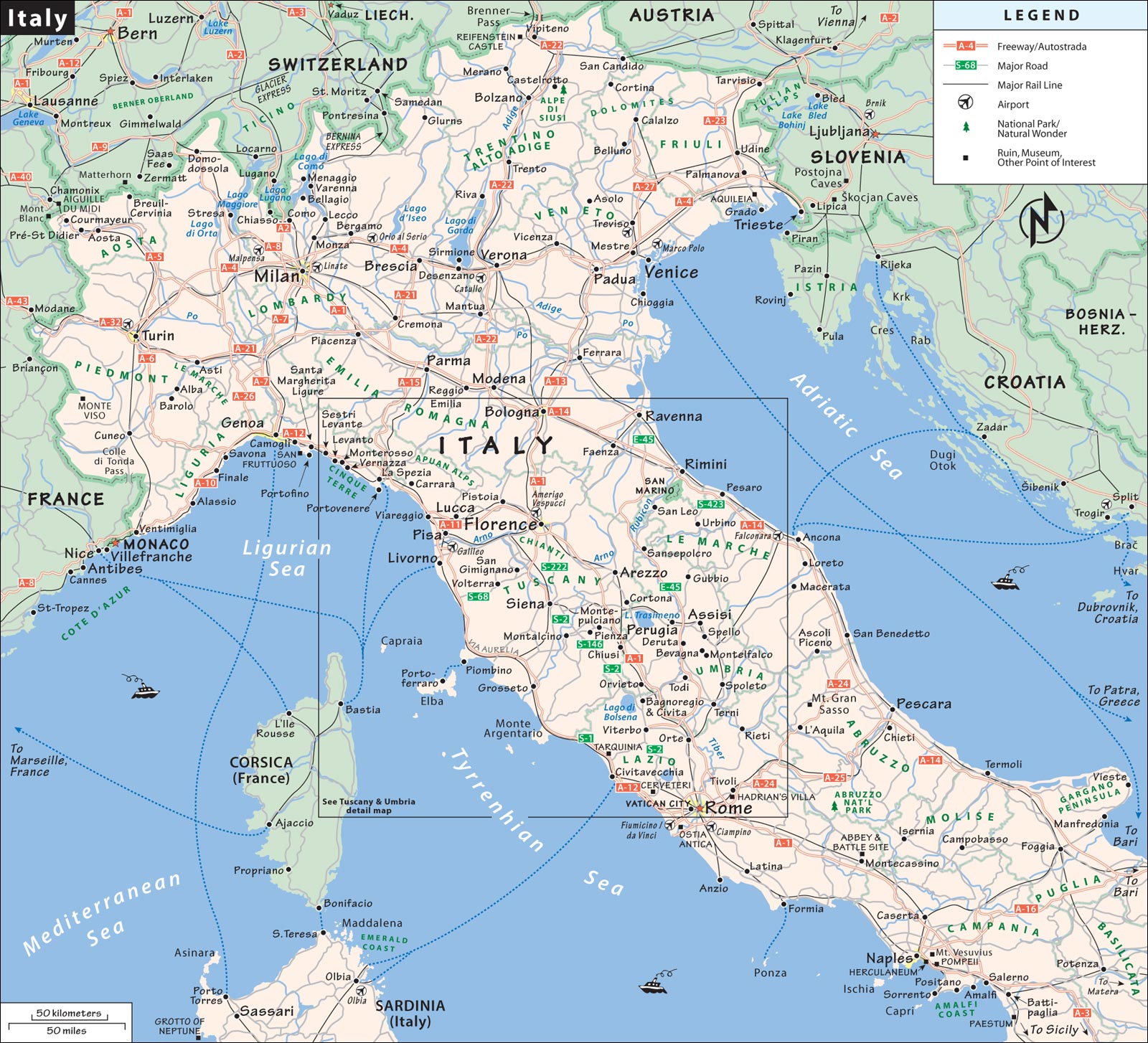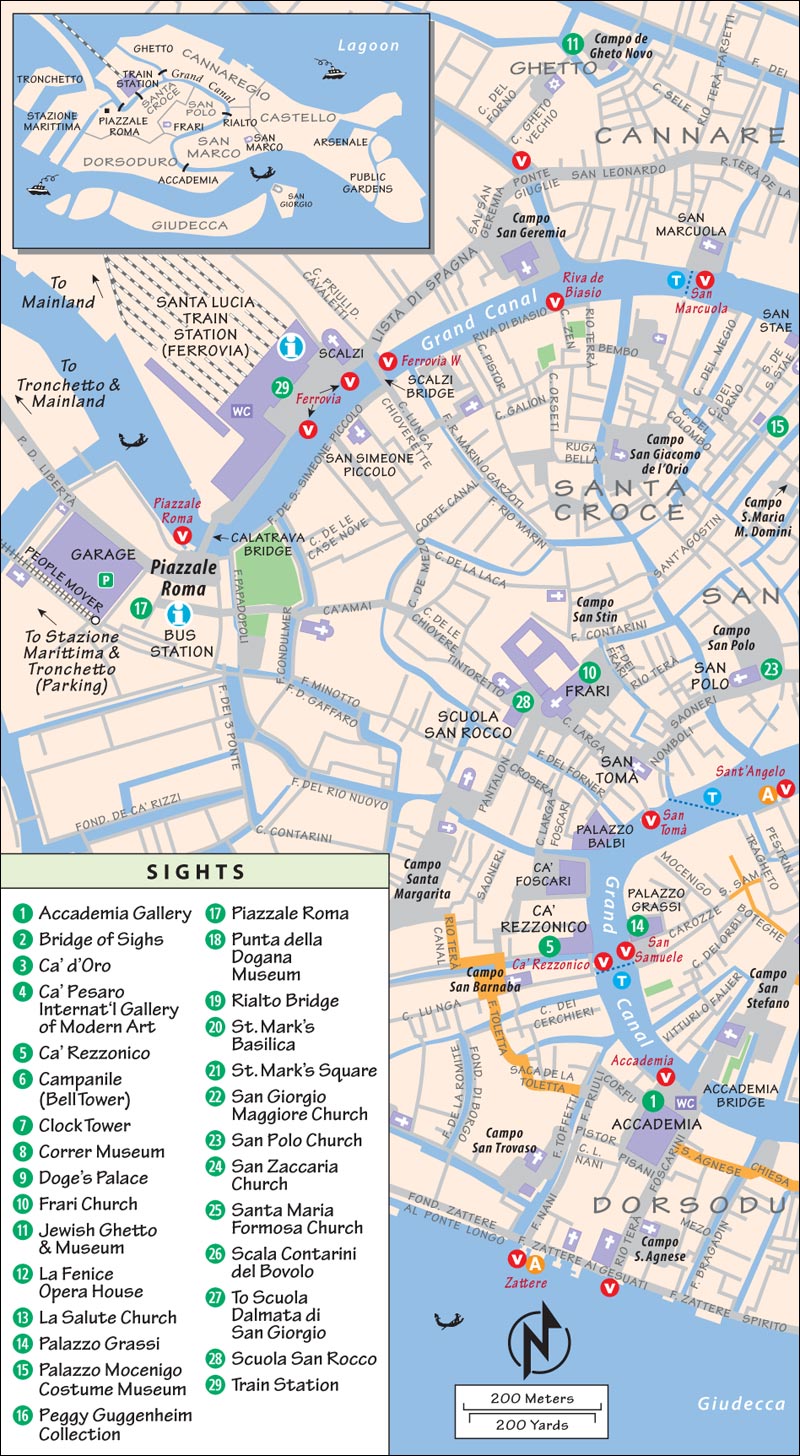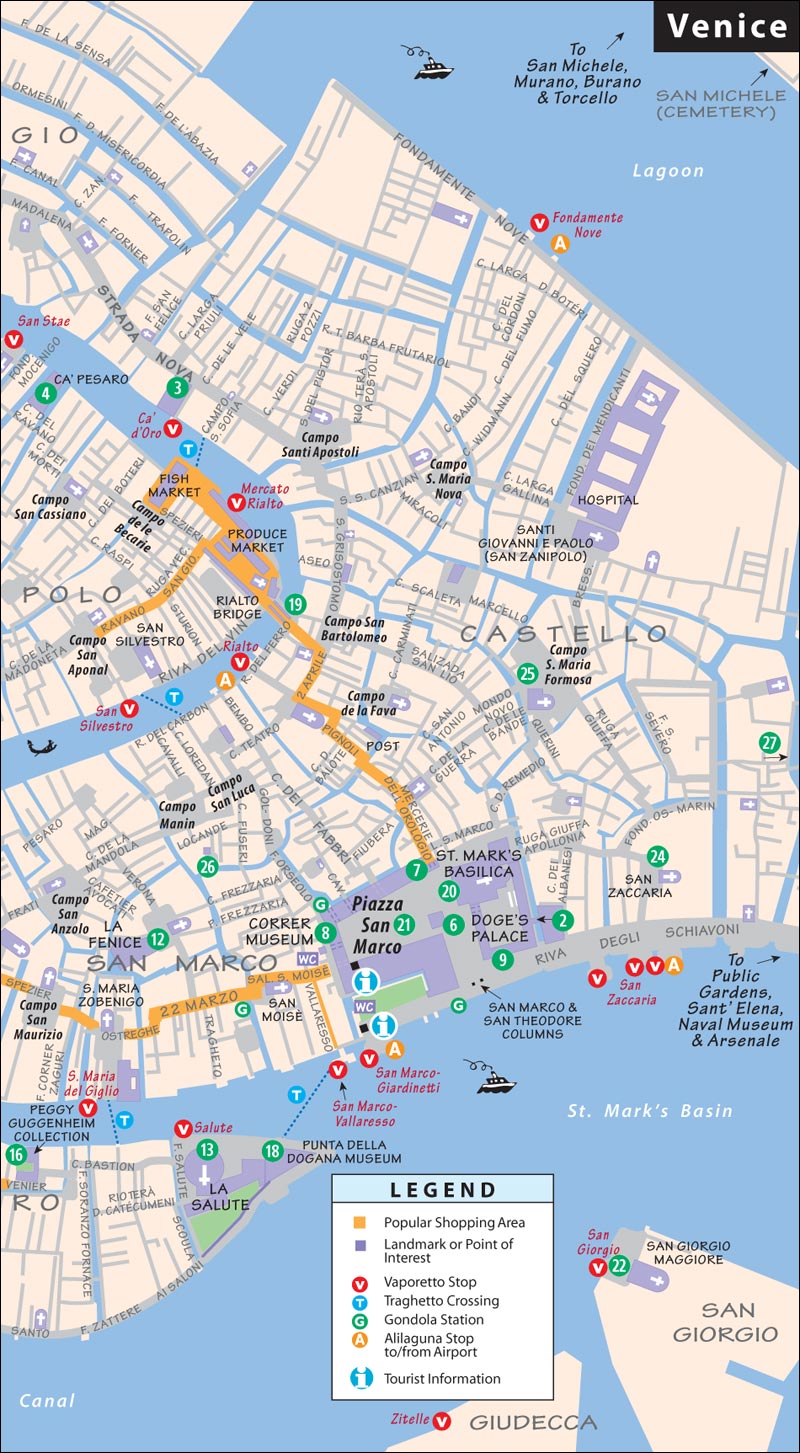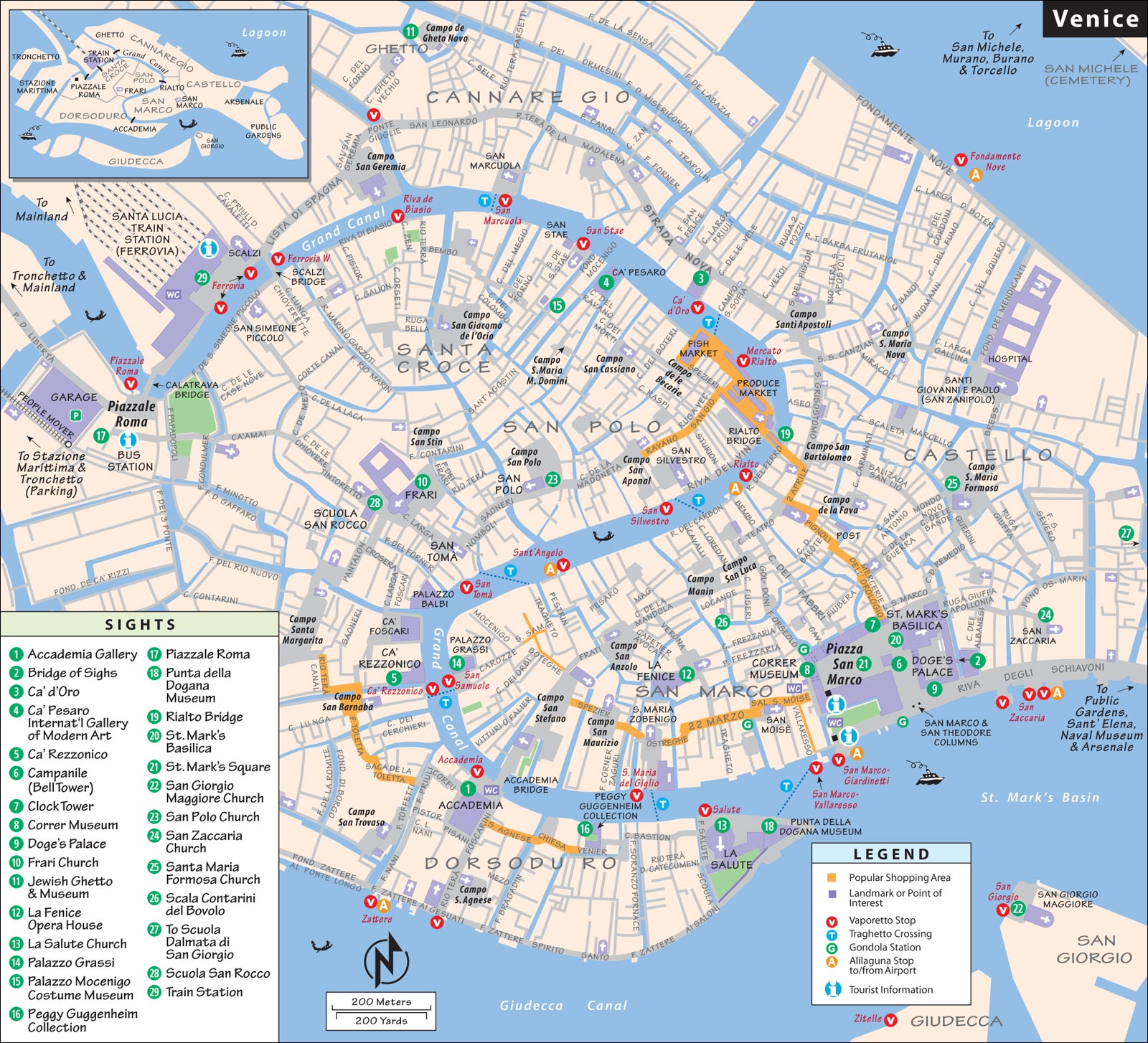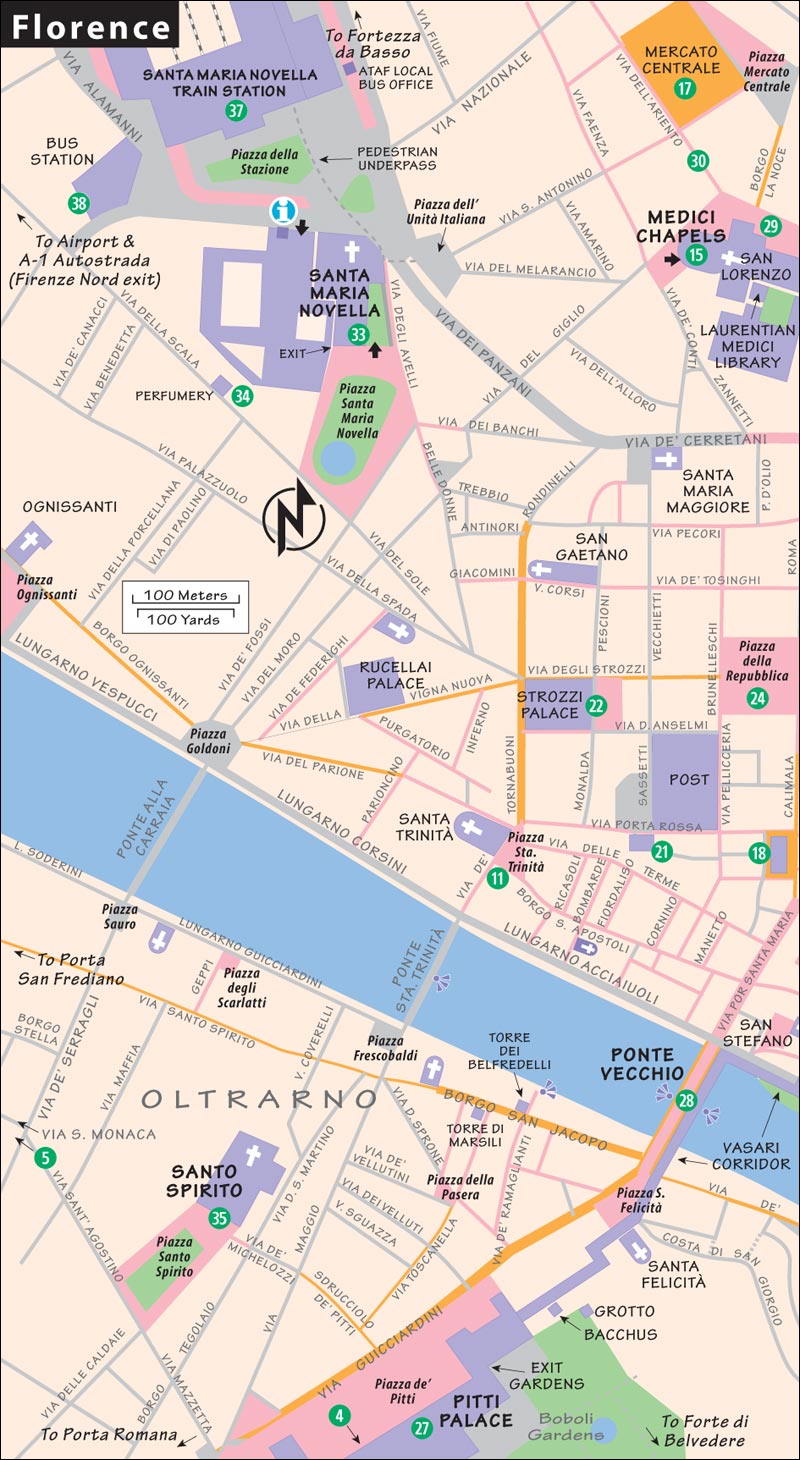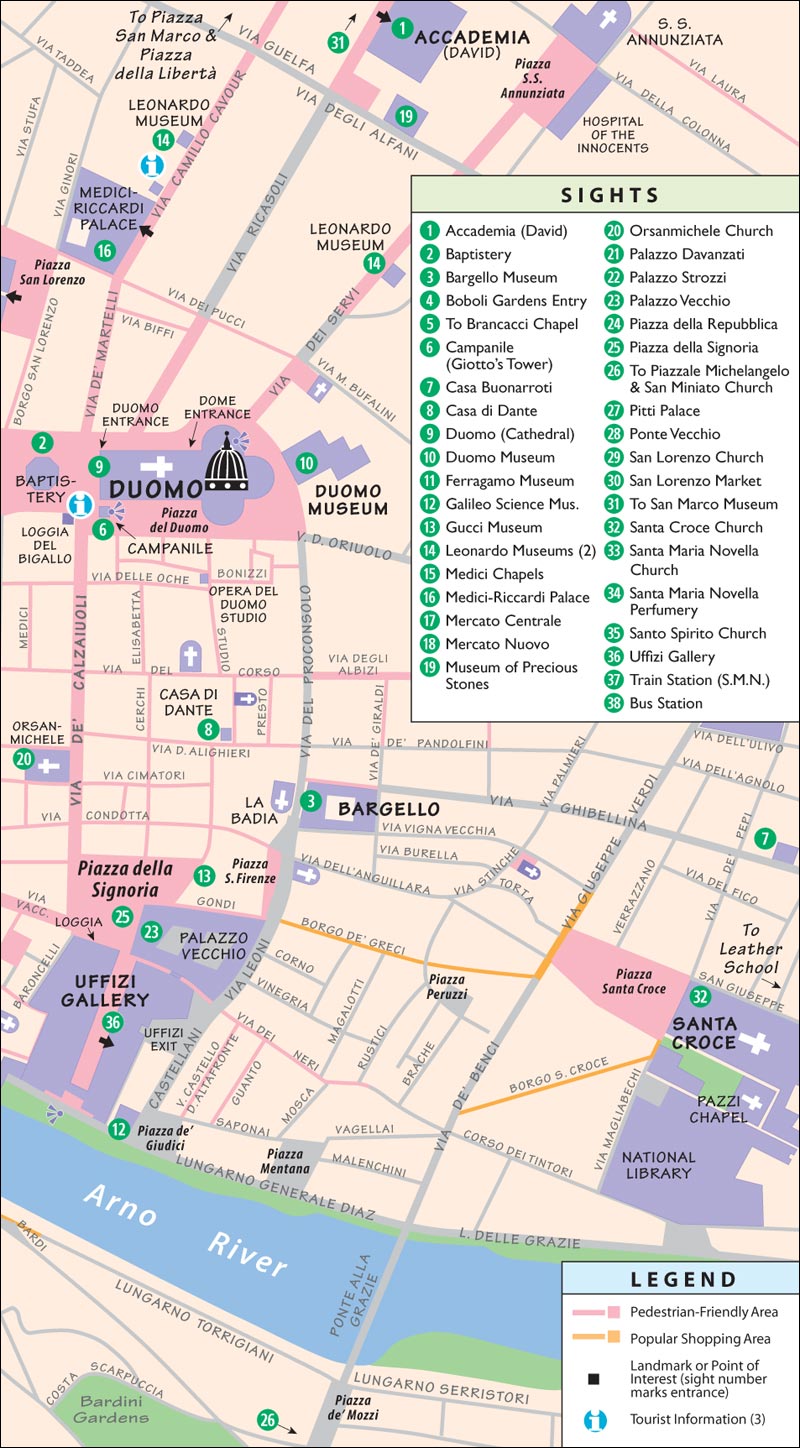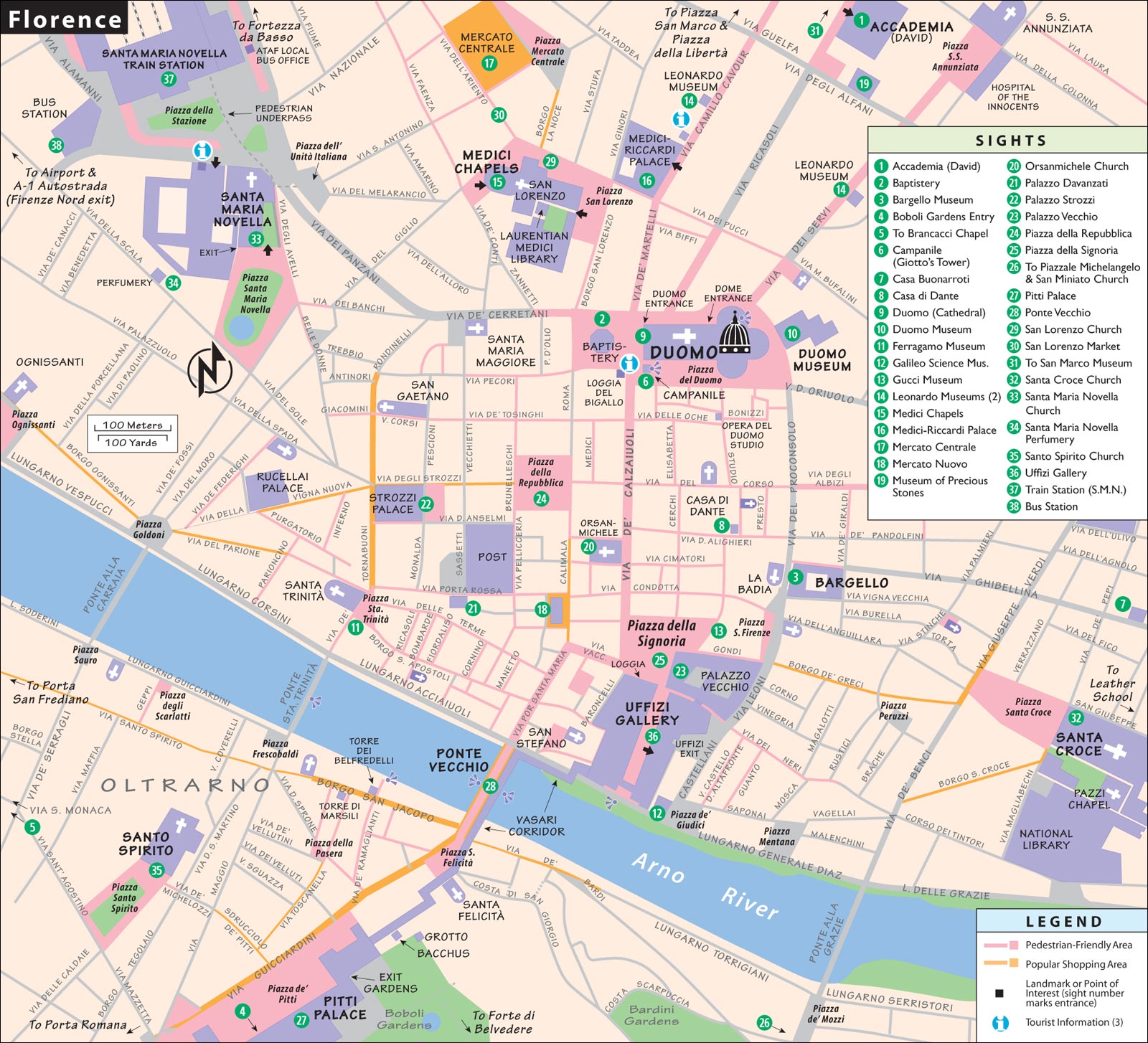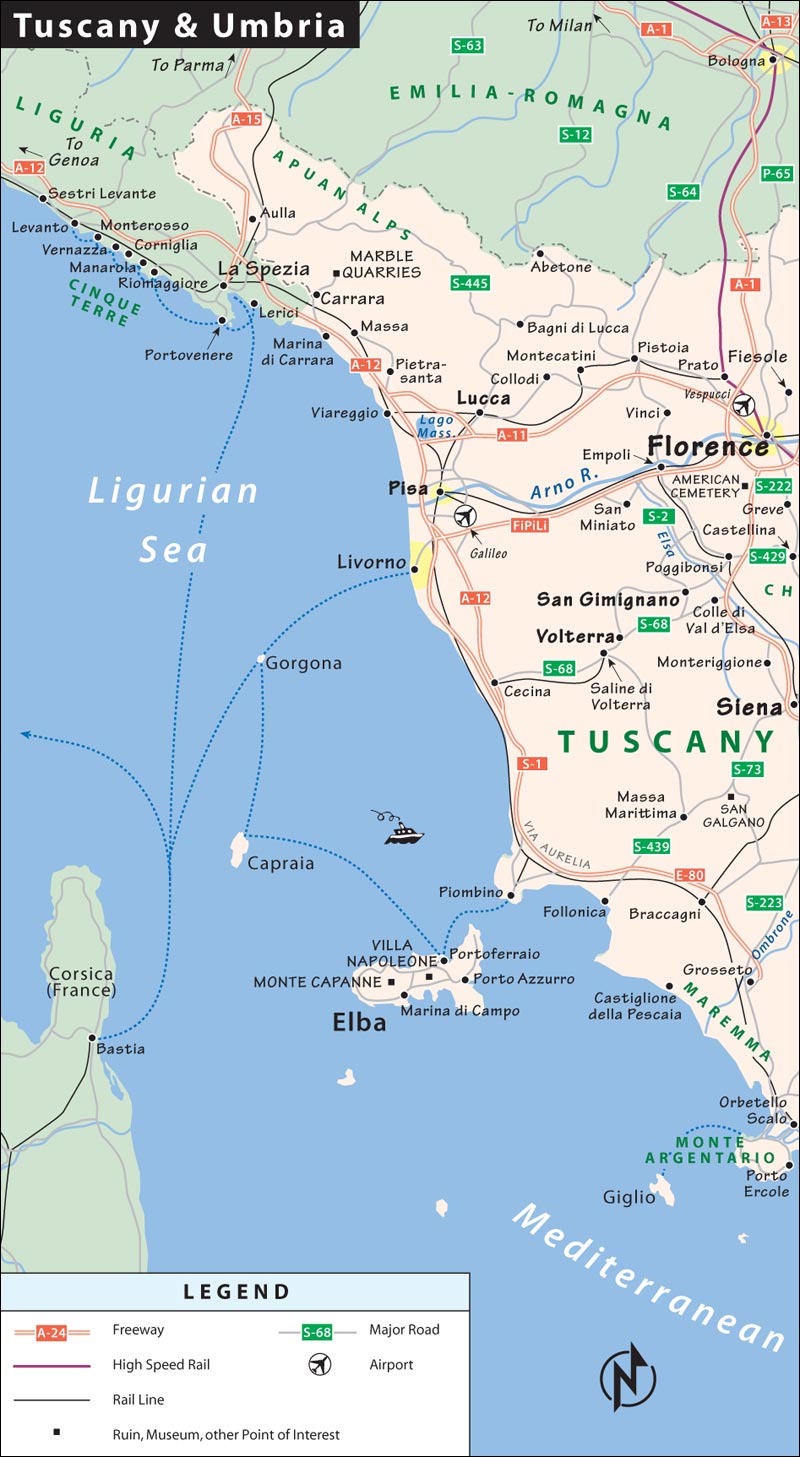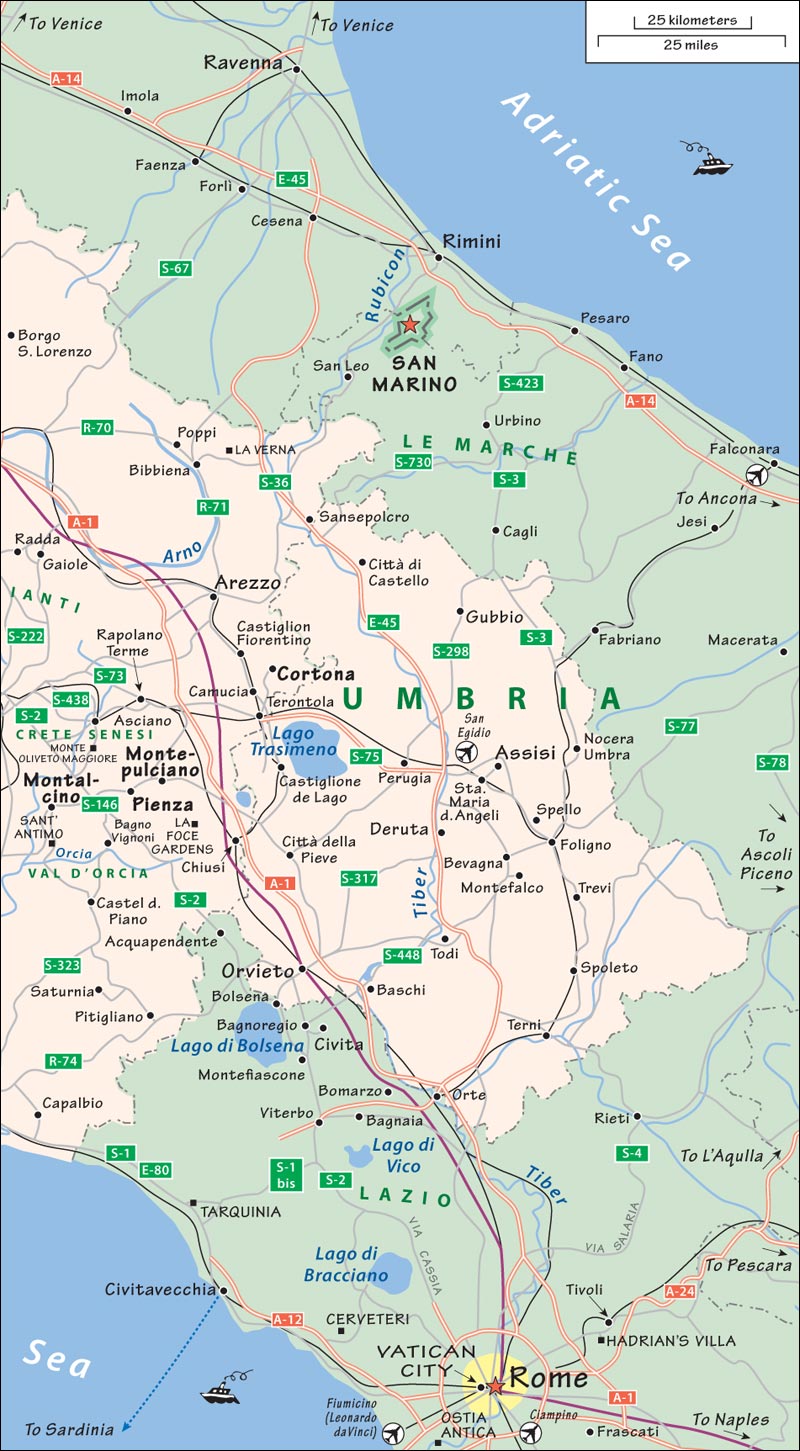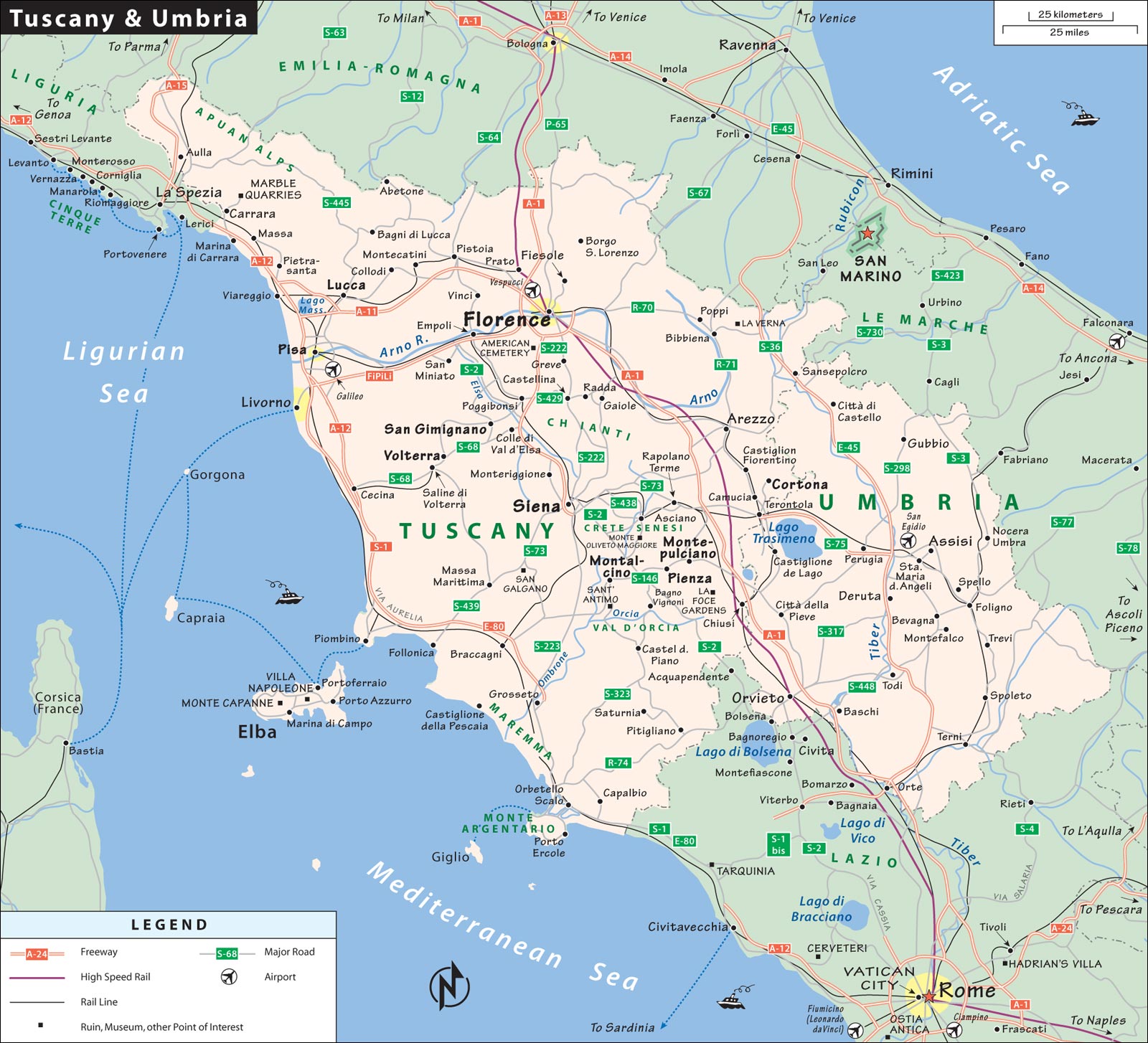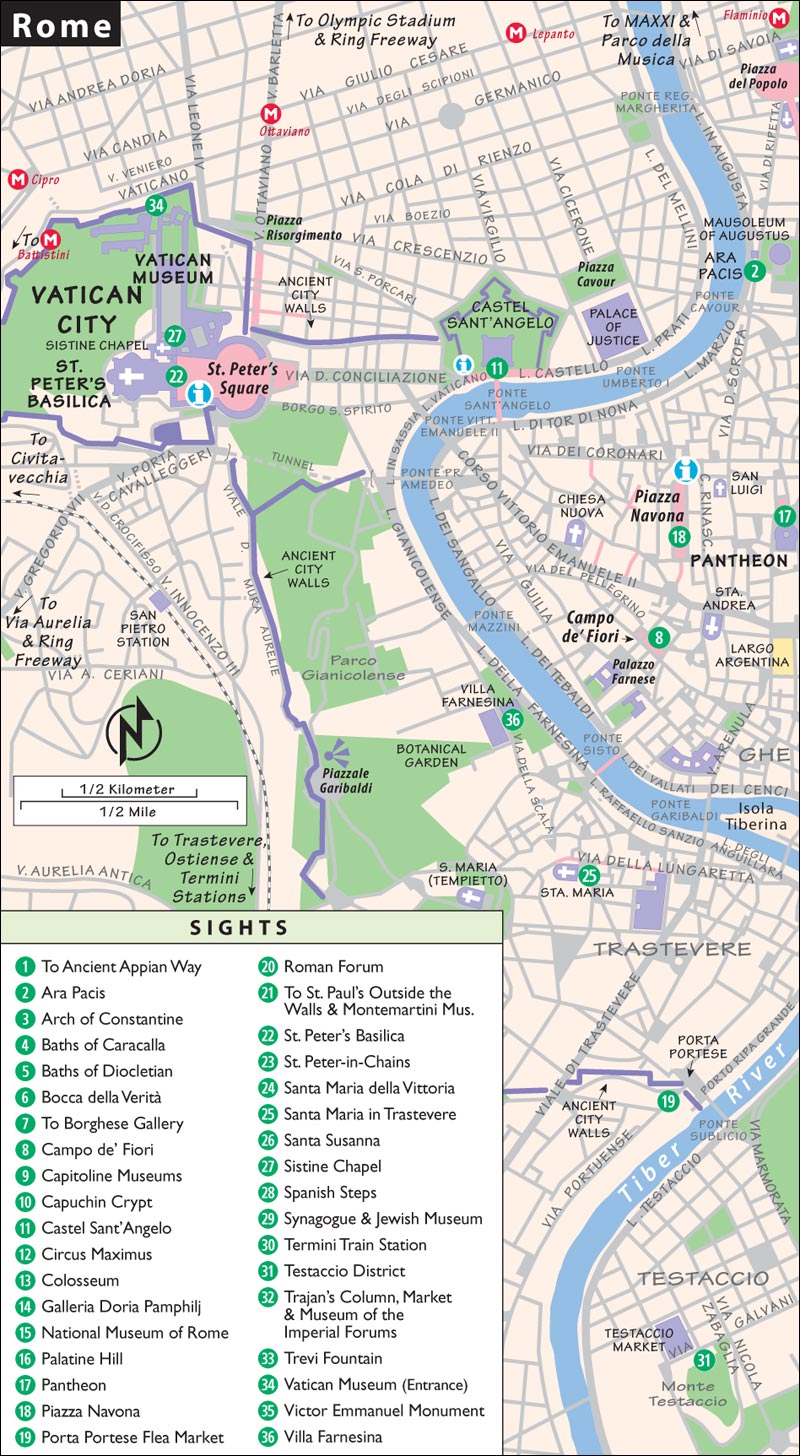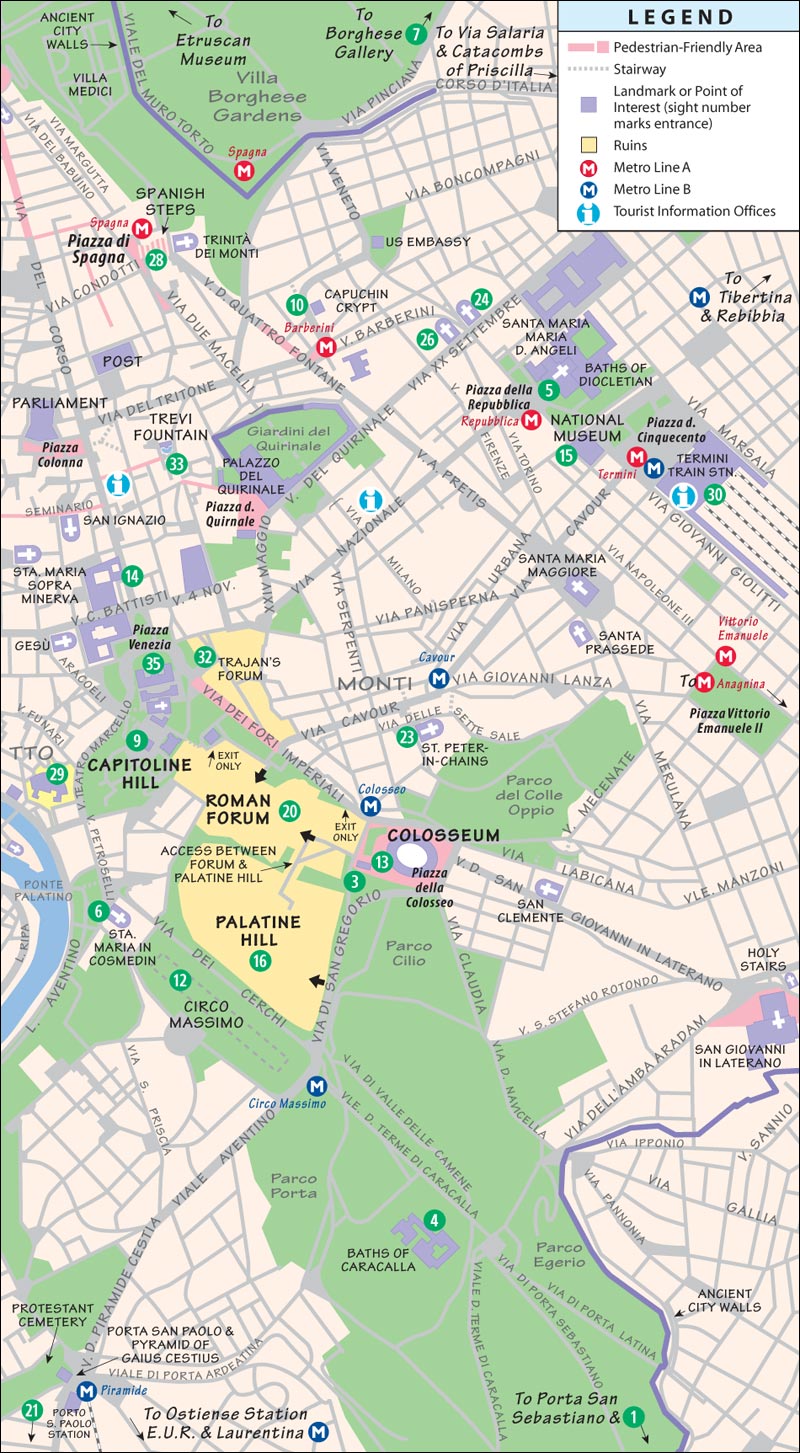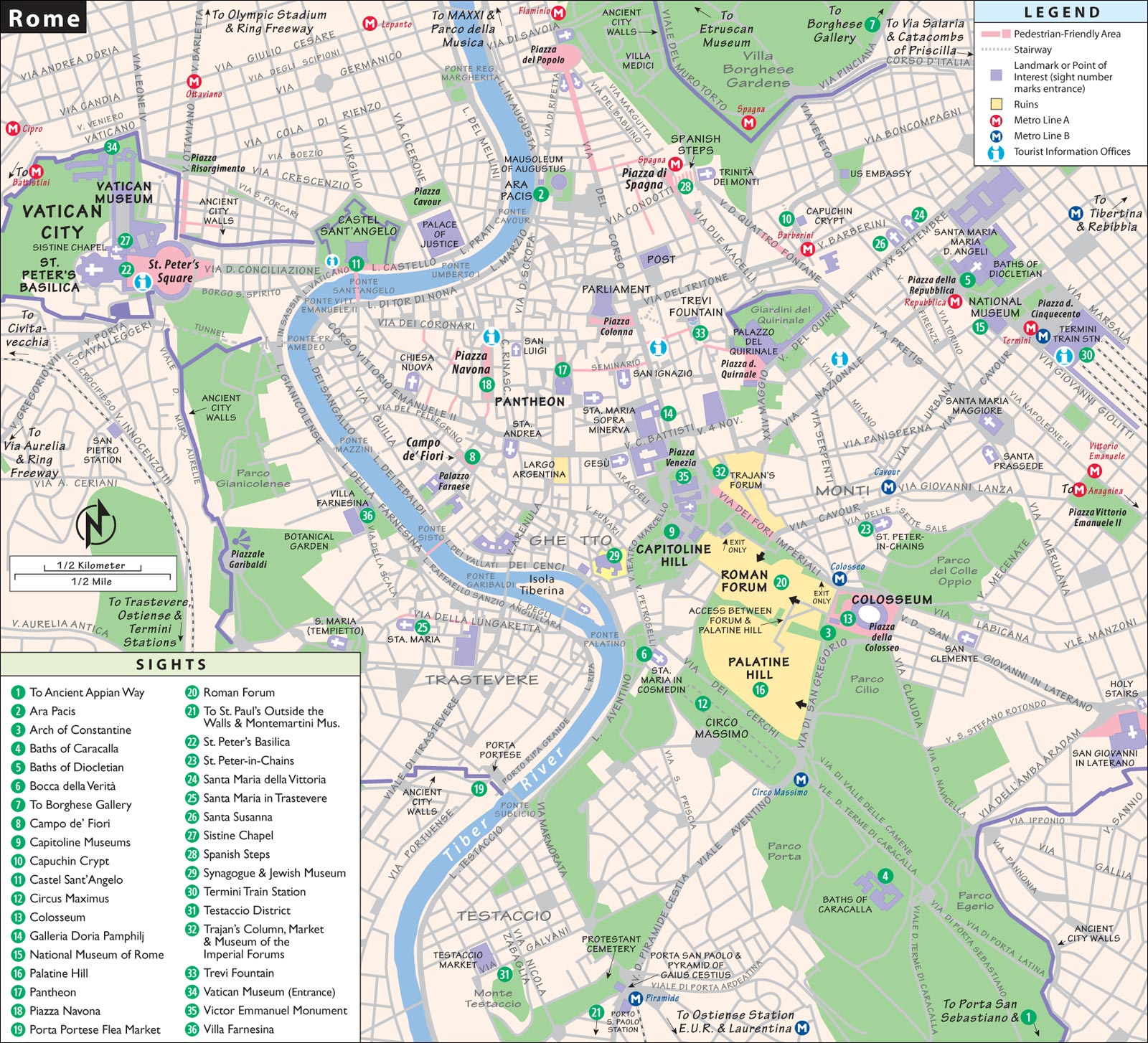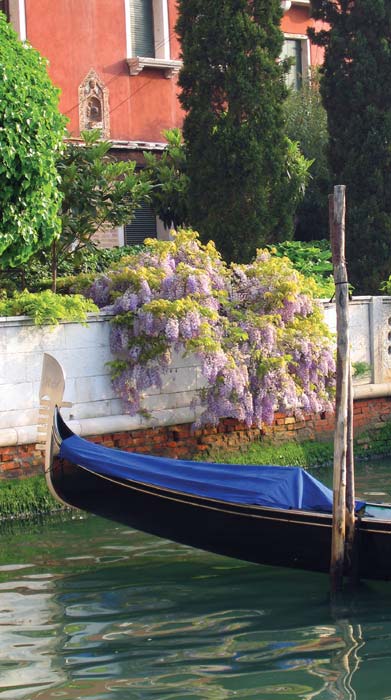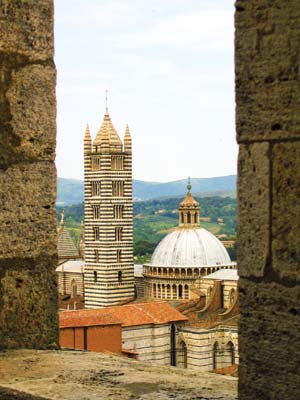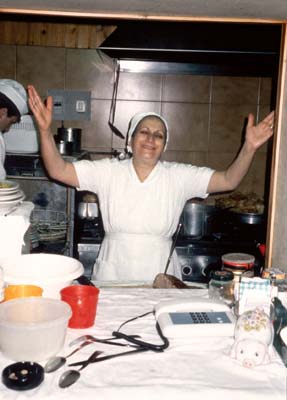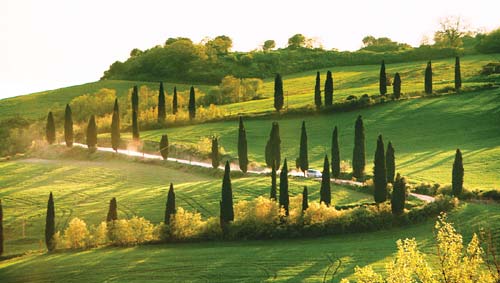Rick Steves
ITALY2015
Italia
Bella Italia! Italy has Europes richest, craziest culture. If you take Italy on its own terms, youll experience a cultural keelhauling that actually feels good.
Some people, often with considerable effort, manage to hate this country. Italy bubbles with emotion, corruption, stray hairs, inflation, traffic jams, strikes, rallies, holidays, crowded squalor, and irate ranters shaking their fists at each other one minute and walking arm-in-arm the next. Have a talk with yourself before you cross the border. Promise yourself to relax and accept it all as a package deal.
After all, Italy is the cradle of European civilizationestablished by the Roman Empire and carried on by the Roman Catholic Church. As you explore Italy, youll stand face-to-face with some of the worlds most iconic images from this 2,000-year history: the Colosseum of Ancient Rome, the medieval Leaning Tower of Pisa, Michelangelos David and Botticellis Venus, the playful Baroque exuberance of the Trevi Fountain...and the Italian city that preserves this legacy in a state of elegant decay: Venice.
Beyond these famous sights, though, Italy offers Europes richest culture. Traditions still live within a country that is vibrant and fully modern. Go with an eye open to both the Italy of the past and of the present.
Italy is diverse, encompassing German-flavored Alps; Mediterranean beaches; sun-baked Sicily; romantic hill towns; the urban jungle of Naples; the business center of Milan; and the art-drenched cities of Venice, Florence, and Rome. The country is reasonably small and laced with freeways and train lines, so youre never more than a days journey from any of these places. Each of Italys 20 regions has its own distinct character, whether its scenic Tuscany, busy Lombardy, chaotic Campania, or the place where it all mixes togetherLazio, home of the capital, Rome.
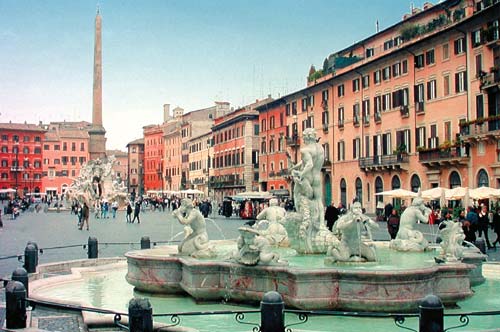
Many travelers discover that there are two Italys: The North is industrial, aggressive, and time is money in its outlook. The weather is temperate, and the people are more like Northern Europeans. The South is hot and sunny, crowded, poor, relaxed, farm-oriented, and traditional. Families here are very close-knit and usually live in the same house for many generations. Loyalties are to family, city, region, soccer team, and countryin that order. (For more on the two Italys, see Rome vs. Milan: A Classic Squabble on .)
Economically, Italy has had its problems, but somehow things have always worked out. Today, Italy is the worlds eleventh-largest industrial power, and the fifth-largest in Europe. Ferraris, Fiats, Maseratis, and Lamborghinis are world-renowned (though theyre not really major exports). Tourism is big businessItaly is considered the worlds fifth-most-visited tourist destination.
Cronyism, which complicates my work, is an integral part of the economy. Much of Italys business is hidden in a large black market unreported to government officials. Labor unions are strong, strikes are frequent, and the country today is faced with pressure to compete globally.
While most Italians are nominally Catholic, the true dominant religion is life: motor scooters, soccer, fashion, girl-watching, boy-watching, good coffee, good wine, and il dolce far niente (the sweetness of doing nothing). The Italian character shows itself on the streets, in the maniacal yet skilled drivers and the classy dressers who star in the ritual evening stroll, or passeggiata.
Italians are more social and communal than most other Europeans. In small towns, everyone knows everyone. People get out of their apartments to socialize on the main square. Young women walk hand in hand, and young teenagers shove or punch each other playfully or hang all over each other.
Because theyre so outgoing and their language is so fun, Italians are a pleasure to communicate with. Be melodramatic and talk with your hands. Hear the melody; get into the flow. Italians want to connect, and they try harder than any other Europeans. Play with them. Even in non-touristy towns, where English is rare and Italian is the norm, showing a little warmth lets you hop right over the language barrier. If a local starts chattering at you in Italian, dont resist. Go with it. You may find you understand more than youd expect.
Like most Europeans (and Americans), Italians enjoy watching TV (game shows, sitcoms, etc.), going to movies (American films are almost always dubbed, not subtitled), and listening to their homegrown pop music. Though Italy is the birthplace of opera and much classical music, its not much more cultured today than America is.
Italy Almanac

